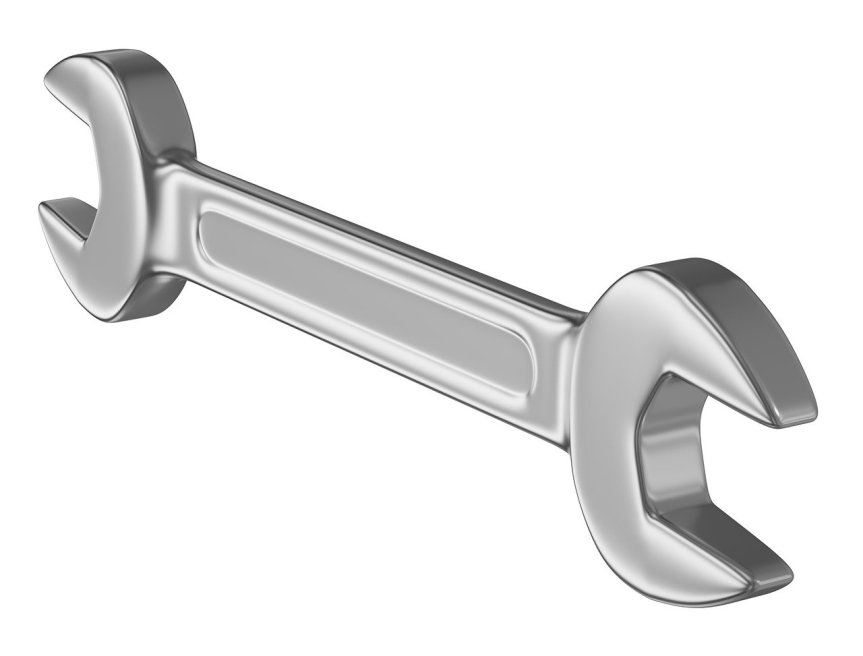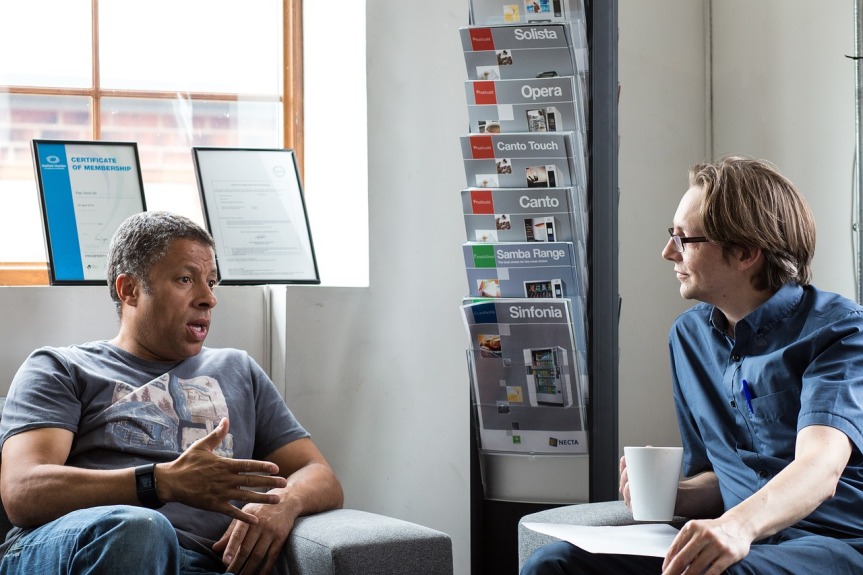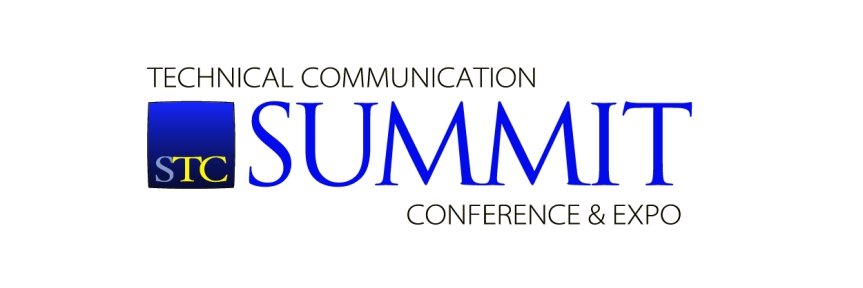When I was in grad school, I once wrote in a paper that "Ben Franklin had it wrong. There are not two sure things in life; there are three: death, taxes, and change." As I recall, my professor loved that quote, and even asked me if he could use it. The fact is, change happens. … Continue reading Adjustments
Category: Being better
An open letter to young people entering the job market
This is aimed mainly toward young people who fall into any of the following categories: has graduated from college within the past five years and is actively job searching, has graduated from high school (maybe also within the last five years) and is looking to enter a trade, is still in school (high school, college, … Continue reading An open letter to young people entering the job market
Mentoring Month
This morning, I received two emails from two different organizations that talked about mentoring, including one that talked about an online discussion tomorrow and one that mentioned National Mentoring Month. I wasn't aware that there was a National Mentoring Month, so I Googled it to see what came up. I've been (and am still) involved in … Continue reading Mentoring Month
Goals for 2024
As I write this, we're already a few days into 2024. I hope everyone had a happy, festive, and safe holiday -- whatever holiday you celebrate -- as well as an equally festive New Year's celebration. For me, personally, New Year's Eve was a quiet evening in my living room along with my wife, and New Year's … Continue reading Goals for 2024
What is an “expert?”
Years ago, Chris Bell, one of my friends on the SQL Saturday circuit, gave me a piece of advice that has stuck with me for years. He told me (and I'm paraphrasing here), "the definition of an expert is someone who knows something that you don't." When someone says someone is an "expert," most people conjure … Continue reading What is an “expert?”
Worldstock #WorldPeace #UniteTheWorld #StopHate
For whatever reason, during my commute into the office this morning, my mind started wandering (as it usually does), and I started thinking about the conflicts throughout the world at the current moment: Israel vs. Hamas, Ukraine vs. Russia, and so on. And this is to say nothing about conflicts that have been ongoing for … Continue reading Worldstock #WorldPeace #UniteTheWorld #StopHate
Coming up with new presentation ideas
I'm sure that one of the struggles -- and most common questions -- for new presentation speakers is, "what do I speak about?" For those of you who are budding presentation speakers, let me tell you that even experienced speakers can have the same problem. This issue is common, and it isn't limited to presentation … Continue reading Coming up with new presentation ideas
My first #STCSummit: the debrief #STC23 #TechComm
This article is going out a little later than I'd hoped, but better late than never, and I wanted to get this out while stuff was still fresh in my mind. After taking some time to recover, I've returned home from my first STC Summit! I've wanted to attend this event for some time, and … Continue reading My first #STCSummit: the debrief #STC23 #TechComm
We all get rejected. Don’t take it personally
You've been let go from your job. Or maybe you were passed over for the promotion. Or you applied to a position you very much wanted, and didn't get so much as an acknowledgement of your application. Or you were turned down by the school or program that you had your heart set on attending. … Continue reading We all get rejected. Don’t take it personally
Support your local public library
I remember when I was a kid, Tuesday was my favorite day of the week. That was because that was library day. One of my parents would take me and my siblings to the local public library where we would check out books and magazines, take them home to read, and bring them back next … Continue reading Support your local public library







